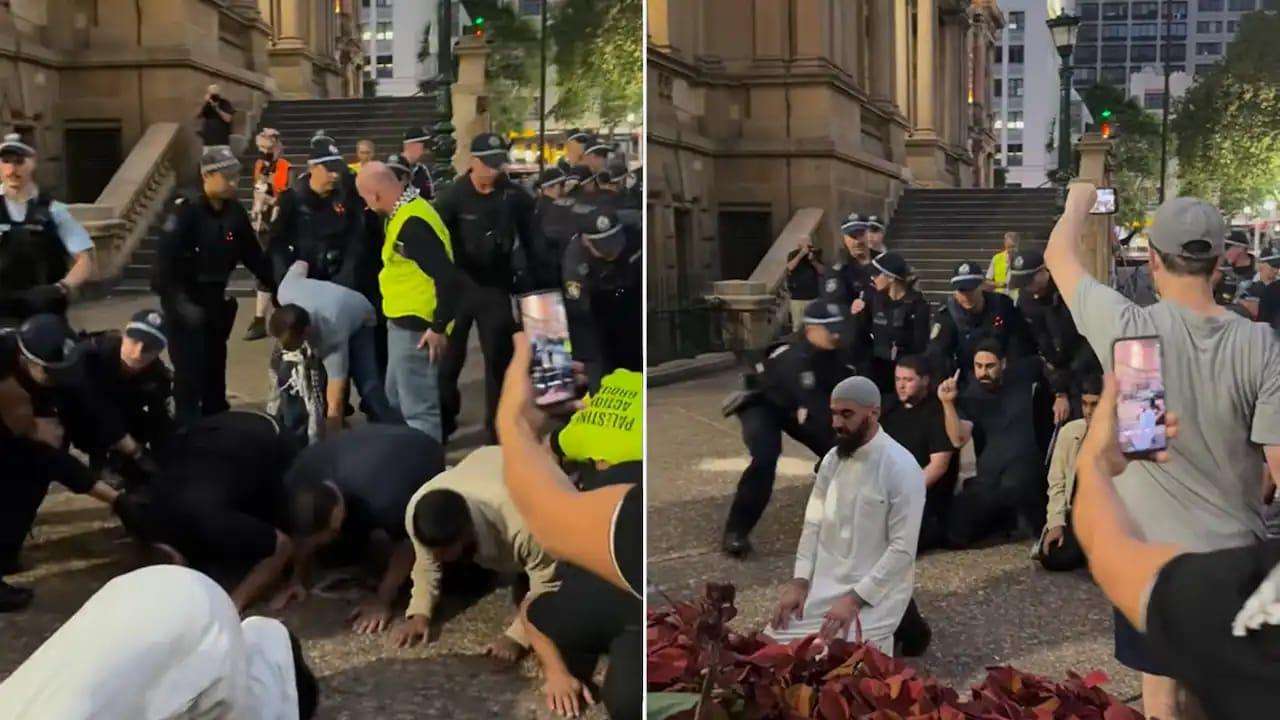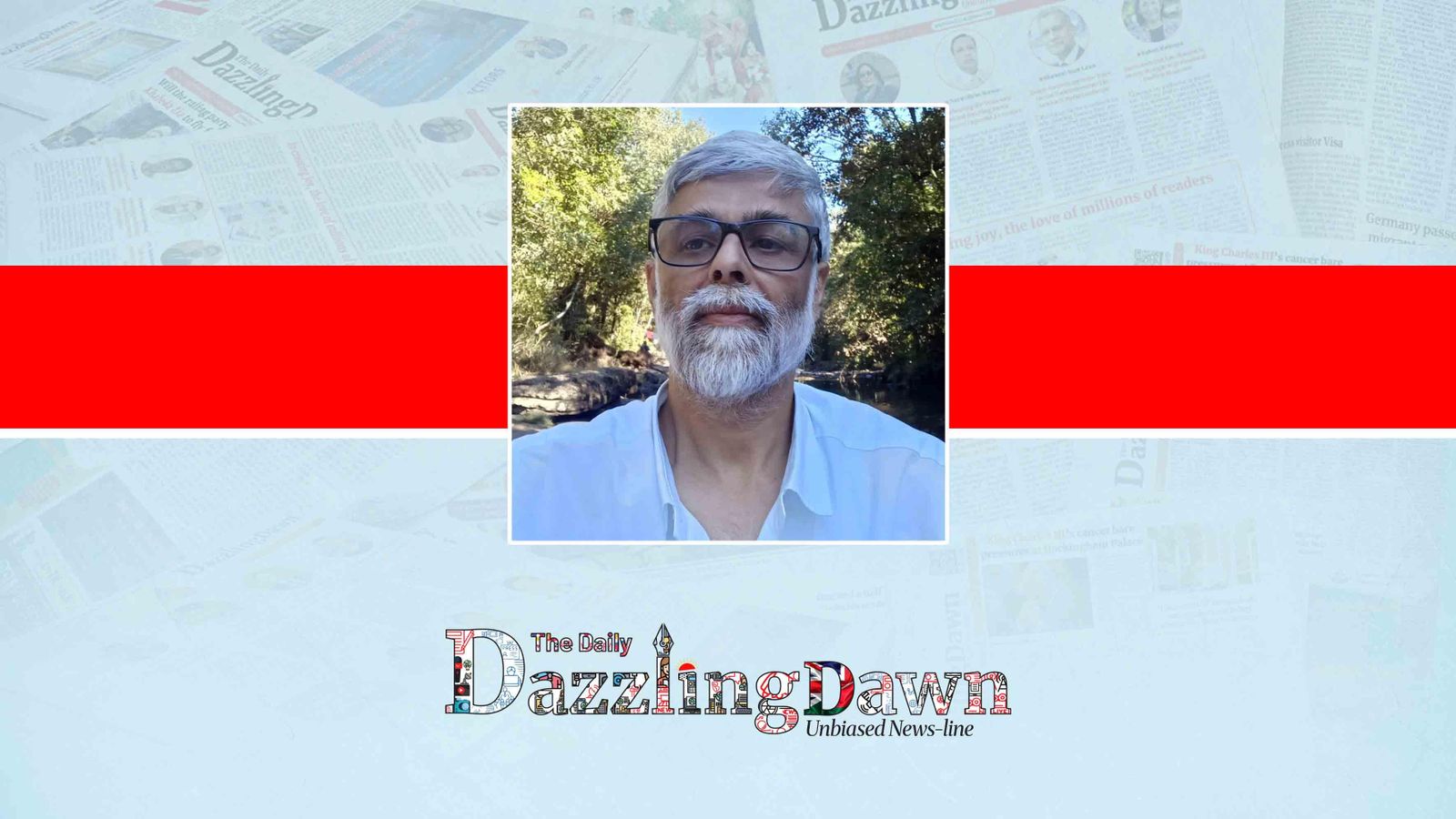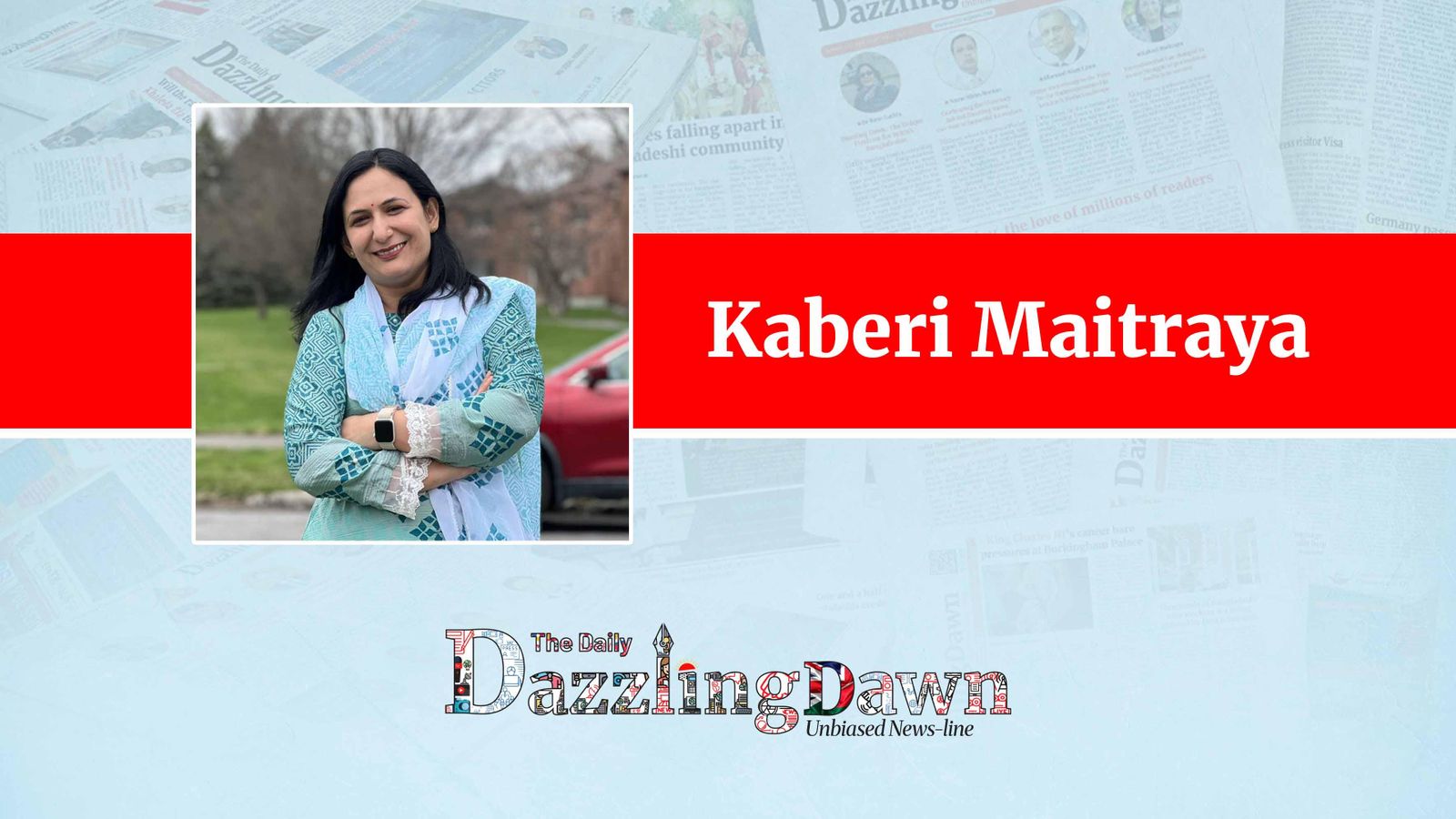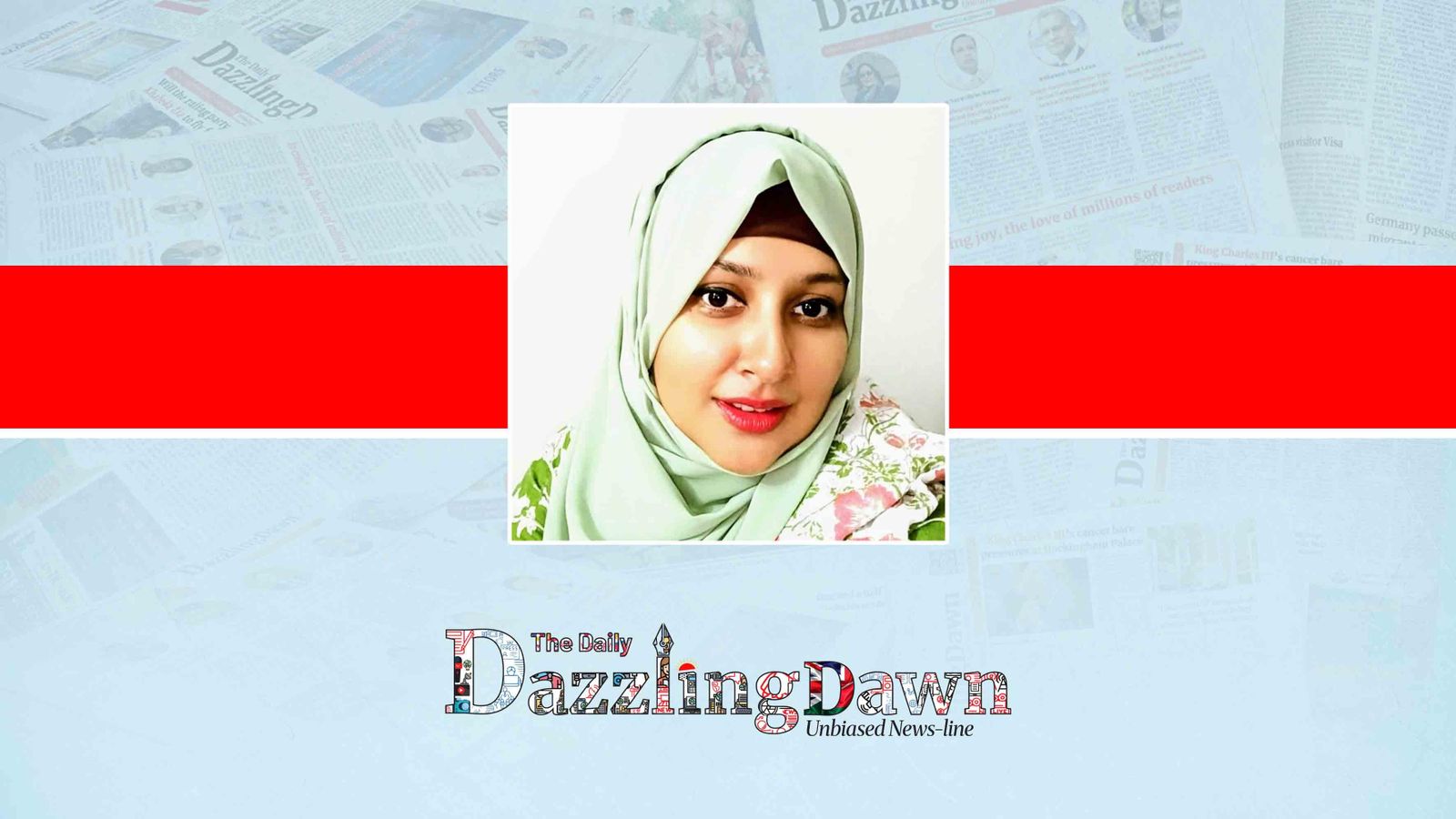A multigenerational and hybrid Immigrant personae fully absorbed in Multicultural Britain is imagined by an encounter with the other. This relational encounter is both encultured and vulnerable. Encultured as current generation of Bengali speaking populace of urban landscape of Britain not only speaks, writes and thinks in English, but looks for their roots in the vast egregious domains of English literature, language and media. Especially love for popular cultural heroes like Ali Shahalom, Konnie Huq or British heroes like Liam Nesson or Maggie Smith just to name a few, without looking at their identities mark an ongoing process of enculturation. To become fans of premier football league top runners like Manchester United, Chelsea or Fulham is something more naturalized than the moorings of being Bengalis in United Kingdom. It’s a complex cultural membership via urban life that Monica Ali’s Brick Lane displayed through Nazneen’s cataclysmic and vulnerable life portraying the inner recesses of Bengali life-world. More importantly, Monica’s meeting the cut to feature as a much celebrated Film directed by Sarah Gravon and produced by Alison Owen also proves how much British Bangladeshis are ensconced in multicultural Britain. Added to this , the Nazrul Museum keeps them connected to literary and cultural roots in Bangladesh.
On a normal day in East London, the struggle for survival and hustle bustle of the market in the Brick Lane expresses the vibrant moorings of being Bangladeshi, though the history of vulnerability of 1973 can be barely forgotten. Altab Ali Park memorializes the event of racist riot of London as well as 1952 bhasa andolan and its martyrs. The charm and the smell of Bengali food, bristling community of professionals and an upmarket vendors’ hub channelize the energies of being a Bengali in London and its adjacent counties. Be it Camden, be it Birmingham or Yorkshire, the beeline of Bengali Restaurants generate the much desired taste of Machbhat (fish curry and rice dish) that cannot be denied a place of choice.
Such enculturation and encounters with otherness does not end up in a cultural vacuum, but it engenders love for media, expressions of taste and other such cultural artifacts. Especially, the Bengali masses exude a mixture of choice and attention to their very own world-views that needs more outlets in the form of newspapers. An English language newspaper that can cover both Britain and Bangladesh and can shield some of their existential anxieties and would relieve them of pathologies of life by creating new media space for free expressions is much sought after. Indeed such a media outlet can also become a site for reconciling internal conflicts as well as a site for potential investments in the growing media market of United kingdom. The best advantage of an English newspaper lies in its potential readers’ circle that would merge both English speaking and the non-English-origin English speakers in a mode of ‘translating cultures’. This circle will have a catchment of the size of entire non-English-origin English speakers that extends much beyond urban areas and spreads into countryside and isles of the Kingdom. Within the political, institutional and cultural diversity of United Kingdom such non-English-origin English speakers’ newspaper and tabloids will provide an extra satisfaction of percolation of English language and culture. The process of enculturation is not just a one way absorption into English, but Bengali cultural vibes equally attracts a huge section of English society. For example, BBC Slam Champion poet David Lee Morgan reciting Nazrul Islam or Bashabi Fraser reciting Tagore is ways in which British Cultural patronage is liberally showered on Bengali literary and cultural icons. Suffice it to say that the Bengali Bangladeshi longing for roots and also becoming a naturalized citizen of Great Britain are juxtaposed in every act of representation of identity in public sphere, especially through the media.
This highlights a new urgency for developing both roots and belonging from within Great Britain for a second or third generation Bangladeshi Bengali by way of owning, holding and actively producing media outlets. An English news paper cum portal like this Dazzling Dawn symbolizes an aspiring negotiation and renegotiation of British Bangladeshi Bengali identity through a culturally distinctive media identity, which is an acknowledgement of co-sharing intersectional identity between being Bangladesh origin British citizen who can now culturally claim roots in Great Britain. A newspaper is also a simultaneous cultural production of events that shape up public perception in Britain as well as carrying back to the roots a more amalgamated understanding of one’s own location outside Bangladesh or India. In a more social media influenced space of appropriation and consumption of dominant news, images, videos, tweets etc., the space for a kind of cosmopolitan vernacularism transforms mother tongue Bengali into English in the form of an obligation to affiliate oneself in cultural and political terms. This leads to innovative use of English language and its prevalent cultural images to serve the bricoleur à domicile of being Bangaldeshi Bengali. There is also a cultural crossover by situating oneself in the active public debates and vibes of Great Britain as media discourses project South Asian identity of Bangladeshis as part of multicultural Britain. Be it Brexit, be it Bangladesh’s freedom celebration or be it antirace demonstration, the quintessential Bengali identity finds a home in British media both in terms of what native Bangaldeshi English media presents or what BBC tells as a live streamed story. An overspill of such stories of UK generates diverse responses as mirror image of high-flown British media counterparts like the Guardian or the Sun. Especially evolving a distinctive mode of articulation of relevance in Great Britain is something transnational and intercultural that posits itself as an instance of being integrated in the host society of Great Britain. This also creates bonding with the host society and impacts social connections. A Multicultural city space draws together the host and the migrant into a common pool of shared symbols, reading material, films and other such mediatized forms. In this context, the success of an English newspaper increases the possibility of Britishness of being a Bangladeshi migrant who reinvents a new self-other relation and orients it towards a new narrative of shared present and future.
This imaginative and realistic pull of living together by way of a cultural obligation towards Britishness is a culturally constructive trait for leading a bi-cultural life. How English language impacts the very vision of being a responsible citizen in Great Britain can be seen in the large scale interest of keeping oneself abreast of every sociopolitical development in Britain towards which an English newspaper bridges an important gap between the home and the world. The world of British economy, politics and social moorings now gets opened up to live upto its expectations, which a newspaper can simulate and prepare for both the initiated and the uninitiated. The British reading circles and social network of connoisseurs’ of culture industry become nearer and dearer to a Bengali reader by way of more intimate reflexivity through news, views and analyses that would have otherwise remained out of a typical Bangladeshi mind. Critical presentation of online updated latest news achieves a fast credence among readers as Bangladeshi immigrant mind requires an increased level of informativeness as opposed to remaining uninformed. This need for feeding latest information served by an online newspaper creates a faster and higher level of credibility among Bengali readership that now can choose and form informed public opinion on issues that affect both Britain and Bangladesh in a manner of being globally situated. Such a continuous updation of knowledge base from Bangladeshi readers is much recognized by mainstream British media as well in terms of a visible, politically informed and decisive public from among the South Asians. This is much reflected in election of many Bangladeshi origin MPs in UK’s parliament and some of whom remain crucial in the change of government as well.
This facilitates better level of integration in mainstream society of Great Britain as opposed to what was earlier thought to be a multicultural drift in allowing communities to live their own lives and not getting sufficiently acculturated with each other. Through newspaper and sharing of common views and ideas and by forming opinions, a kind of healthy democratic exchange and interactive experience of tolerance and mutual respect can be formed that would strengthen the very idea of unity in Great Britain. It also widens the reading habits of a Bangladeshi living in Great Britain to catch up to something that is powerfully global expanding imaginations of who they are and how they should live. In short, creating a space of enculturation through an English newspaper ensures a bright future for the whole community of Bangaldeshi Bengalis. In a shared space that does not admit any backlash and propels itself out of bad faith on migrants, an English newspaper provides for a safety valve to the community by joining mainstream discussions on social security that the present Great Britain is so bothered about. It is also the call to affirm one’s rightful place within the democratic set up of Great Britain that a community based newspaper can facilitate cultural dialogues and meaningful exchanges and remove many a misconceptions. Being in a different country, a vibe of vulnerability that keeps migrants un-assimilabale is overcome by a direct participation in the space of public discourse that presents perspectives from various angles to smoothen many historical rough edges by production of a more harmonious discourse of living together. The unhomeliness of being an alien is overcome with a bang as the English Newspaper succeeds in turning tales of everyday lives of Bangladeshis into an important source of British national concern. This is how dreams of a multicultural Britain and its tolerant aspects of culture is realized.
---
(Prasenjit Biswas is a professional philosopher, independent political analyst and a global scholar based in Shillong, India.)








.svg)



